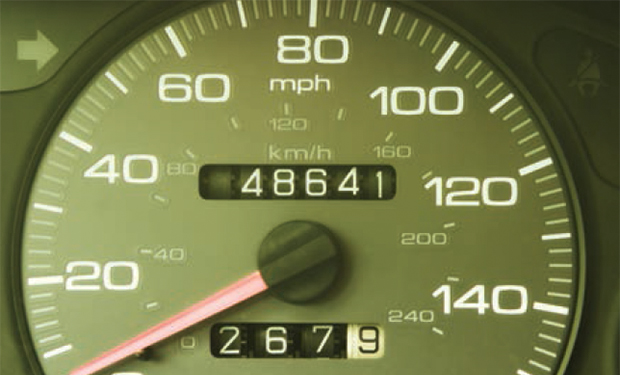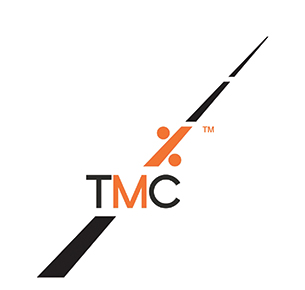This article has been supplied by The Miles Consultancy.


Whenever the subject of tax-efficient car benefits comes up these days, people naturally think of salary sacrifice.
However, there are other travel-related areas where employers and business drivers can maximise the value of tax reliefs and allowances. For instance, anyone who receives a cash allowance in lieu of a company car will be familiar with claiming tax-free mileage payments for business trips.
Even so, around two-thirds of cash allowance claimants and their employers do not get the full benefit of these approved mileage allowance payments (Amaps). Why is that so? And how can employers maximise the value of Amaps for themselves and their staff?
Employers do not usually pay the maximum Amap rate of 45p per business mile to car allowance takers. This is because the full figure includes an amount for depreciation and maintenance. Those costs are covered by the monthly car allowance.
Cash allowance takers are typically able to claim 12p or 15p per mile instead to cover the cost of fuel. However, they can claim tax relief on the ‘unused’ portion of the Amap rate at the end of the tax year.
For example, if the employer pays 15p per business mile, the employee can claim relief on the difference between the full Amap rate and the amount paid: 45p – 15p = 30p. A higher-rate taxpayer would claim 40% of 30p, which is 12p per mile tax relief.
However, it is down to the employee to pursue the relief. They have to keep a complete record of their business trips, calculate the relief due and submit the claim. A survey of more than 100 employers by The Miles Consultancy suggests that just 30% of cash allowance takers are even aware that the option exists.
Employees obviously lose out if they do not claim the relief, which would be worth £840 to the employee in the example above if they claimed for 7,000 business miles. Employers also miss out because staff do not get benefit-related cash that is there for the taking. Those employees who do claim relief must wait for the end of the tax year to apply for it and then again for their claim to be approved.
It does not have to be like that for cash allowance takers. If they agree to a change in the way their allowance and mileage expenses are paid, they can receive the maximum relief available to them immediately.
The employee relinquishes part of their cash-for-car allowance in favour of tax-efficient reimbursement via Amaps. The adjustment to the cash allowance reduces the employee’s liability for income tax and national insurance (NI), while the mileage allowance payment is free from tax and NI contributions.
As well as the advantages it provides for employees, the process generates Class 1A NI savings for the employer due to the reduction in cash allowances.
The adjustment and the enhanced mileage payment are calculated each month, based on the employee’s business mileage claims. This requires a process for capturing mileage records, performing out the calculations and outputting the additional payroll lines for the adjustment and payment.
The process can be handled in-house, although most employers operating the scheme prefer to use an external specialist for the mileage capture and payroll file calculations. Mileage claims must be supported by detailed logs showing the date, reason for travel and start and finish postcodes to satisfy HM Revenue and Customs (HMRC).
For organisations that offer cash allowances to business drivers, this tax-efficient approach offers an immediate opportunity to generate monthly savings with minimum disruption while enhancing drivers’ reimbursement for business journeys.
If you read nothing else, read this…
- Introducing a more tax-efficient settlement of approved mileage allowance payments for cash allowance takers offers immediate savings for the employer.
- Employer national insurance is reduced and drivers maximise tax relief without waiting to make retrospective claims.
Paul Jackson is managing director of The Miles Consultancy